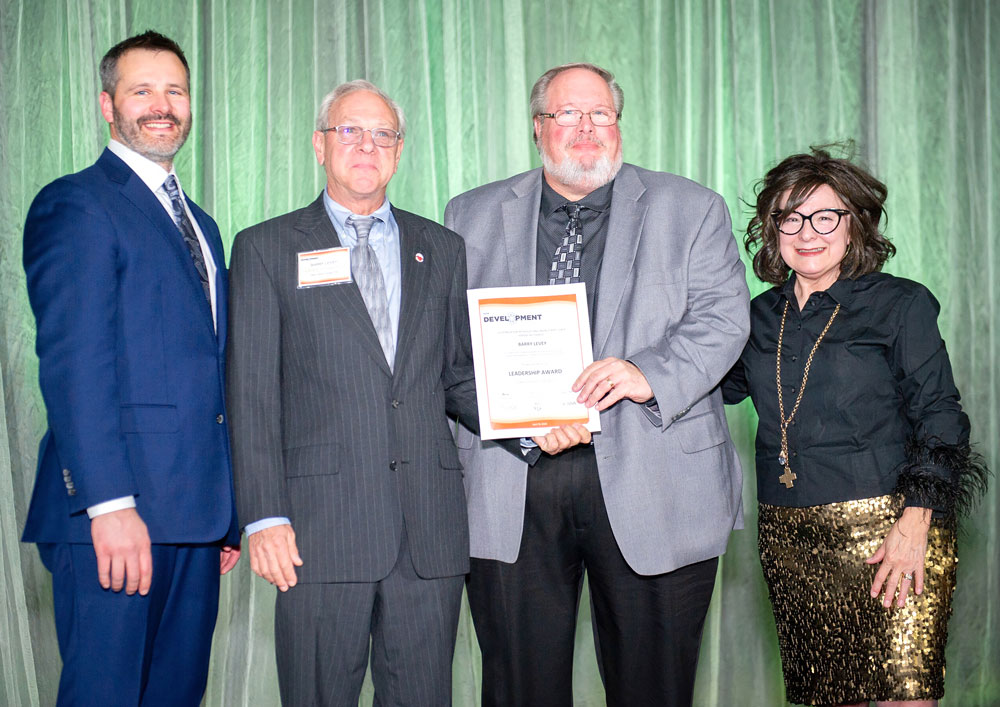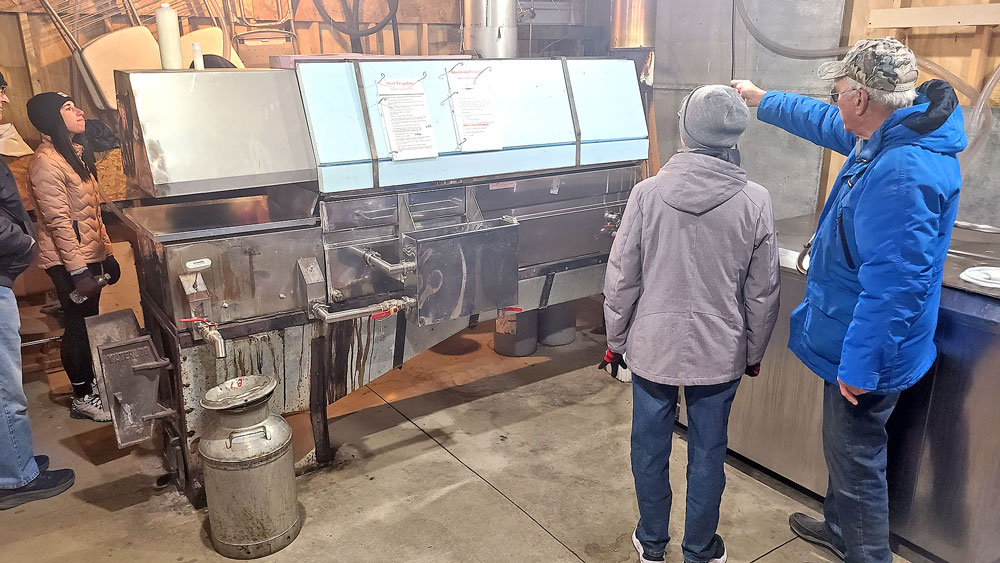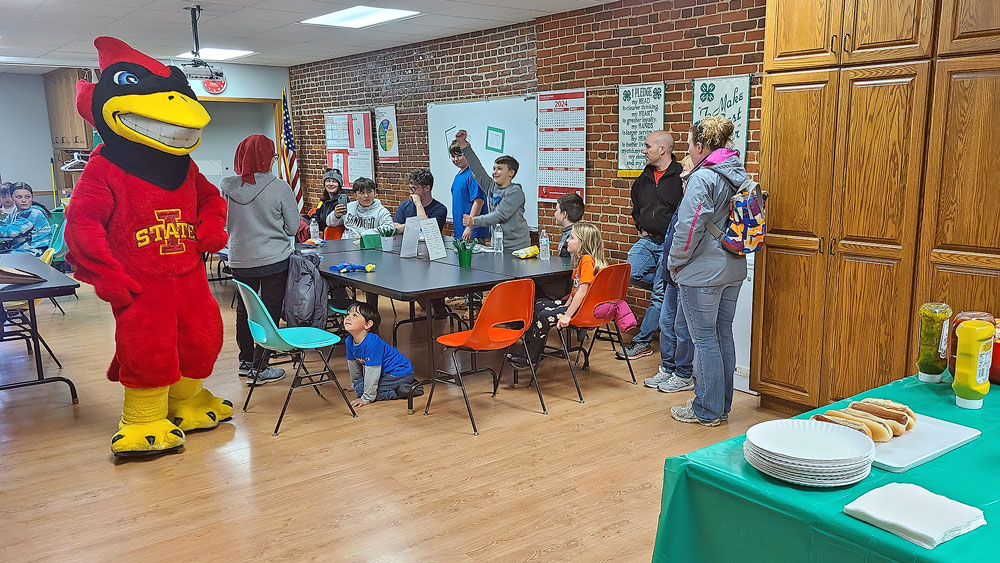Guest View: Four bipartisan solutions to the DACA dilemma

By Steve Corbin, Professor Emeritus, Marketing, University of Northern Iowa
President Trump recently asked Congress to resolve the 2012-enacted Deferred Action for Childhood Arrivals (DACA) controversy and ongoing immigration debacle.
Trump’s DACA edict is splitting the GOP wide open, leaving some Republican lawmakers prey to a primary challenge by ultra conservative candidates whose campaigns will be funded by far-right Breitbart and the Koch Brothers.
However, the president’s “fix it” request has given the Democrats and centrists, like me, some hope.
We are a nation of immigrants.
Joe Biden, former U.S. Vice President, may have summarized it best: “You cannot define Americans by what they look like, where they come from, whom they love or how they worship. Only our democratic values define us. And if we lose sight of this in our conduct at home or abroad, we jeopardize the respect that has made the United States the greatest nation on earth.”
In Iowa, 15,662 of our 3.138 million population are indigenous Native American and Alaska Natives.
Since the remaining 99.5 percent of Iowans are, technically, descendants of immigrant families, it is ironic when the benefits of immigration are questioned.
For information purposes, it is documented legal immigration is essential for America’s prosperity for five good reasons:
1) Immigration is good for job creation as immigrants are more than twice as likely to start a business than non-immigrants.
2) 25 percent of all technology-based startups have an immigrant founder.
3) 4.7 million Americans are employed by immigrant-owned small businesses
4) Neighborhoods with greater concentration of immigrants have lower rates of crime and violence than comparable nonimmigrant neighborhoods.
5) Social Security’s trustees report that regulated immigration would increase funding for Social Security by $4.6 trillion over the next 75 years.
Four bipartisan solutions await our 535 U.S. Congressional delegates to act upon.
First, a whopping 90 percent of Americans, up from 73 percent one year ago, said America’s current 11 million undocumented immigrants who have been in this country for a number of years, hold a job, speak English and are willing to pay any back taxes that they owe should stay in the USA and apply for citizenship (ORC International).
Secondly, a third of employers are having difficulty filling job vacancies, particularly in STEM occupations (i.e., science, technology, engineering, and mathematics).
A vast majority of Americans approve the government expanding the H1-B visa system for high-skilled foreign workers and allow these workers to become naturalized citizens (Cohen Research Group).
Third, U.S. farms are having severe labor shortages as the number of incoming immigrants has been dramatically decreasing.
Hence, two-thirds of Americans support expanding seasonal or annual guest worker visa programs for foreign agriculture workers (Cohen Research Group).
Besides these three research-based citizen approved proposals, nearly 6 million unfilled jobs require special work skills.
I approve of Trump’s plan to help fix this employment problem through more vocational-technical education and trade training. Trump also wants to cut our legal immigrants from a million a year to 500,000.
Another bipartisanship solution avails itself if Democrats tell their Republican peers that they’ll agree to Trump’s vocational-technical-trade training plan and legal immigration cutback proposal if the Republicans can agree with 72 percent of Americans that the registered 790,000 DACA children can remain in the USA and apply for legal status.
Since the odds are great you are a descendent of an immigrant family and should feel privileged to live in a country founded by immigrants, contact your U.S. representative and both senators and request they seriously consider these four proposals and introduce bipartisan legislation to solve our DACA and long overdue immigration reform situation.
Either call your legislators (202-224-3121) or mail them this Op Ed: U.S. Senate, Washington, DC 20510 or U.S. House, Washington, DC 20515.









Social Share